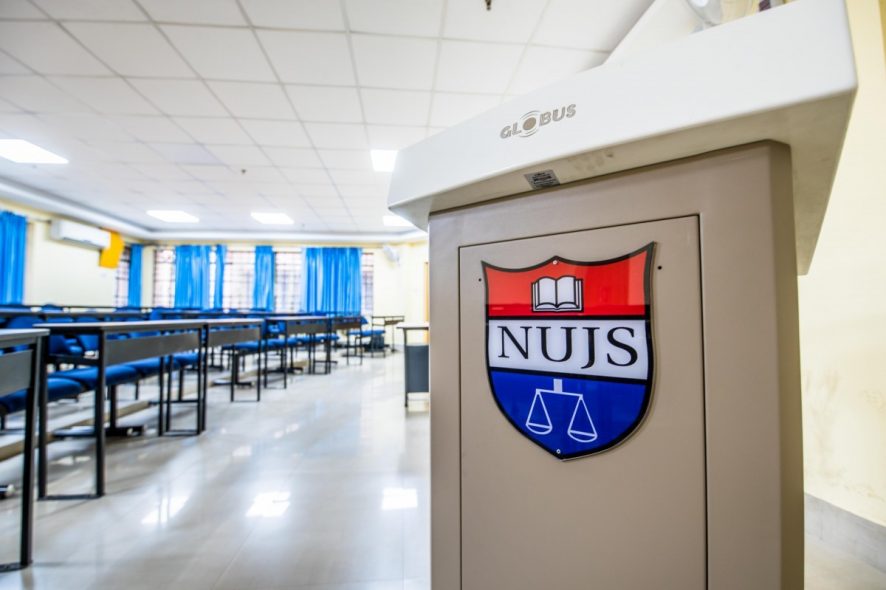The West Bengal National University of Judicial Science (NUJS) has released the Diversity Report 2019. The report is a result of a year-long process conducted in NUJS across five batches of students. Rohit Sharma, a student from the batch of 2020 at NUJS, conceptualised the NUJS, Diversity Report. He writes in the report that “the report is an attempt at presenting the census data collected from the students of NUJS in a proper perspective which enables both institutional changes in the future and individual introspection in the immediate. The idea behind conducting the diversity census was to conduct a serious evaluation of both demographics of students at NUJS and their performance in academic and extra-curricular activities. In addition, information on peer behaviour and support systems would also enable better evaluation.”
The report is divided into three parts—
- Demographics:Basic Demographics; Family Background; Financial Background; Educational Background; Linguistic Background; and Admission Category
- Performance at NUJS:Academics; Research Publications and Paper Conferences; Moots, Debates & ADR; Committee Membership and Office Bearers; Career Choices, Internships and Placements
- Life at NUJS:Peer-to-Peer Support Systems; Peer Influence to Engage in Activities; Peer Behaviour and Discrimination.
The report has been compiled by Gatha G Namboothiri, Mahima Cholera, Nikhil Iyer, Rohit Sharma, Roma Bhojani, Siddharth Sonkar and Shrikrishna Upadhyay. The comprehensive questionnaire was answered by an overwhelming majority of the general body members and was prepared by Nikhil Iyer, Rohit Sharma, Siddharth Sonkar and Mihika Poddar.
The report begins with a foreword by Ms. Kalpana Kannibiran, professor and director at the Council for Social Development, Hyderabad. Ms. Kannabiran writes “..All of this (the data) underscores the urgency of thinking through questions of barrier-free access, hostile environments and other robust processes of inclusion that are intersectional and systemic. Most important of all it is the recognition that intersecting normativities bolster and reproduce privilege in NUJS and other law schools similarly placed..”. She describes the importance of such a report in the “operationalization of the Preamble in spirit and conviction of Article 15(2) in institutional design and implementation“.
The Executive summary describes the diversity survey as “an attempt at presenting the census data collected from students of NUJS in a proper perspective which enables both institutional changes in the future and individual changes in the immediate“. The summary covers the objectives, methodology and key findings of the survey.
The report is inclusive of exhaustive indicators that examine the intersectional nature of the social and economic factors that influence the life at NUJS and the performance at NUJS. It also analyses in detail the demographics of the college.
The complete text of the report can be accessed HERE






